
Leader's Guide to Storytelling
Mastering the Art and Discipline of Business Narrative
Recommendation
Stephen Denning has written a carefully reasoned, thought-provoking study of the use of storytelling as a powerful tool for leadership and innovation. He challenges traditional business approaches to management and persuasion, such as relying on analytic thinking, and facts and figures to convince an audience. Instead, Denning says, you can use well-scripted, well-constructed stories to achieve all your leadership goals, both inside and outside of your company. He carefully explains how to tell purposeful stories, and he even provides useful templates at the end of each chapter. The book is much too in-depth to be a handy "how to" manual; in fact, it is more of an enjoyable intellectual exercise because Denning weaves practical instruction within pages of theory. getAbstract recommends this book to leaders who want to extend their persuasive powers by learning to tell purposeful, impassioned stories.
Summary
About the Author
Stephen Denning also wrote The Springboard: How Storytelling Ignites Action in Knowledge-Era Organizations, and Squirrel Inc.: A Fable of Leadership Through Storytelling. He is a knowledge-management consultant with international clients including major corporations and the U.S. Army.









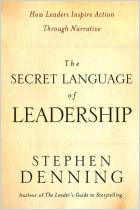

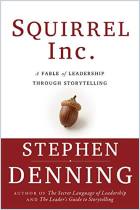

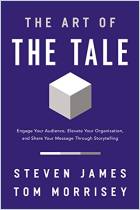
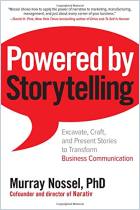

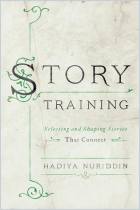
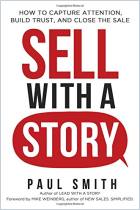






Comment on this summary or Начать обсуждение